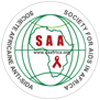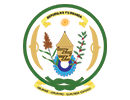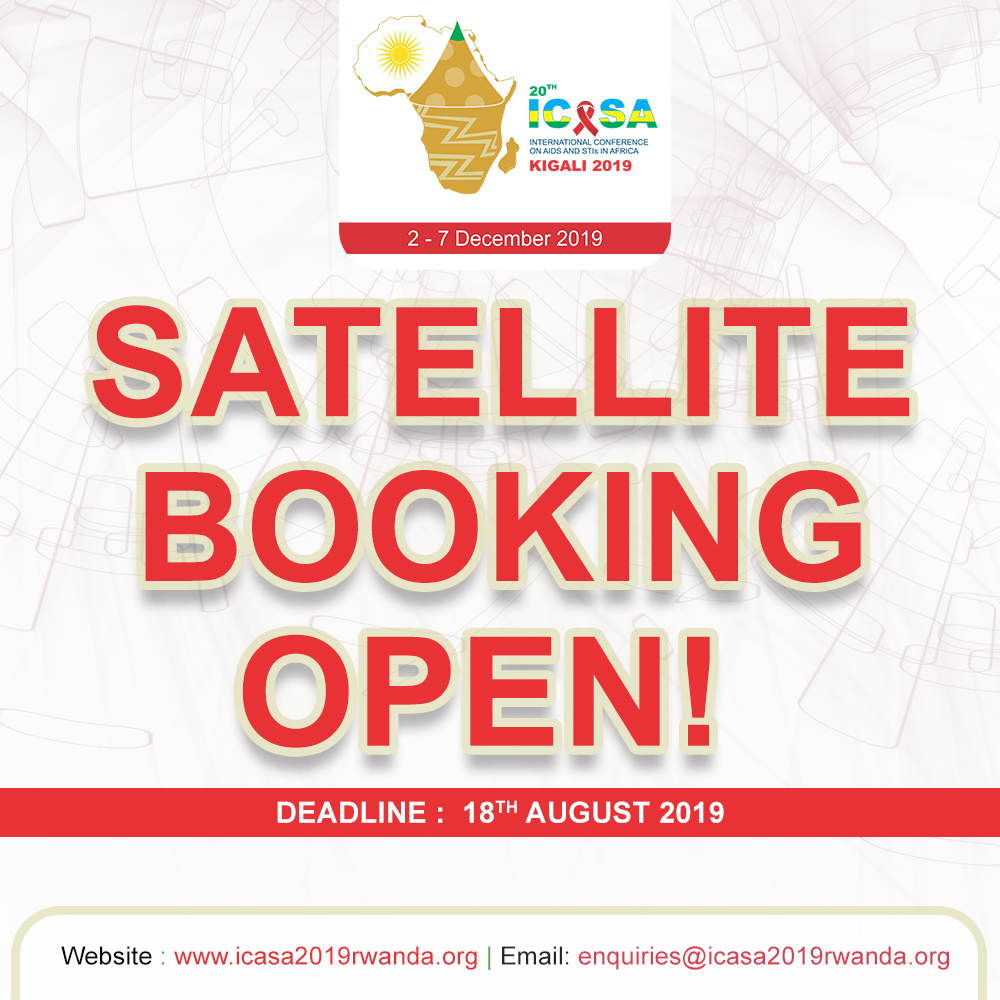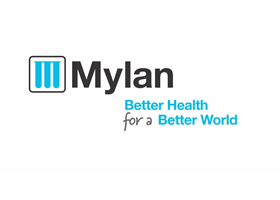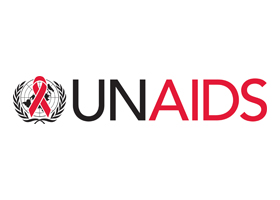Room: AD10
Reporter: Uwimana Lorraine and Irakoze Shyaka Christelle
Dr.Karusa Kilagu, UNAIDS-UGANDA was the chair and Mr.Stanley was the panel moderator.
Prosperity Ndlovu, LGBT activist from Zimbabwe, was the first presenter. His presentation was about ’’the sexual rights center ‘’. He identified the law as a hurdle to the access of SRHR by gender diverse population. The law in Zimbabwe states that same sex sexual activity is illegal. There is limited commitment by government to enactment laws that will make same sex marriage legal. However, the passage of anti-discrimination laws aimed at curtailing anti -LGBT discrimination including access to healthcare, employment and housing. The discriminatory laws fuel stigma and discrimination in healthcare facilities. The are comparatively higher incidence of new HIV infection among LGBT persons in Zimbabwe, with low uptake of HIV related healthcare services by community members. The weak laws to curtail homophobia and discrimination in healthcare facilities; and poor accountability frameworks to ensure speedy redress in cases of stigma and discrimination makes the law have severe impact on LGBT. Also, LGBT still have limitations to parenting options which are unavailable as the law does not allow adoption by the same sex couple. There is also the challenge of securing healthcare cover and insurance as same sex relationships are not recognized.
Organisations like sexual rights are central in organizing LGBTI movements to lobby and advocate for legal reforms and inclusive policies. Grassroots LGBTI compliment the work of bigger CSO’s to strengthen the agency,visibility and voice of LGBTI communities. The SRC and its alliances work for community empowerment and awareness; community mobilization and demand generation for quality HIV and SRHR services; building strong and resilient institutions; and promoting health seeking behavior to create a healthy LGBT communication.
Eva Toyim, a Counsellor made a presentation about ‘’Breaking législative barriers to HIV/SRHR services for adolescents and young people. She explained that the partnership to inspire, transform and connect the HIV response supports community based organization to uphold the rights of populations most affect by HIV and engage in effective advocacy, generate robust evidence and develop meaningful policy solutions. She highlighted reasons why adolescents needs HIV and SRH services: In Nigeria, 12% of girls and 2.4% of boys have had sexual intercourse before age 15. In Uganda, only 10% of young men and 15%of young women (15-24years) were aware of their HIV status. In Zimbabwe, women and girls aged between 15 and 24years account for a disproportionate number of new infections.
She also discussed the current regulations. In Nigeria, age of consent for HIV testing and counselling was set at 18years old. There is now a memoranda that approves this age to be lowered to 14 years. In Uganda, the age of consent for HTC was lowered from 18 years to 12 years in 2016. In Zimbabwe, the age of consent for HTC is 16years old. Various strategies were used to achieve these goals. These include the use of both online and offline advocacy campaigns, face to face meetings and stakeholders consensus meeting in Nigeria; awareness raising, briefings/presentations, communication campaign and mass mobilisation in Uganda. In Zimbabwe, the strategies were to Raise awareness, push for harmonised laws and policies and mass mobilization.
Sherifa Awudu, UNFPA YOLE talked about ending SRRH/HIV related stigma on online spaces. As of 2014, the HIV prevalence was at 1.37% in Ghana. It was highest in the Eastern region of Ghana and lowest in the northern regions of the country. Currently, estimated 334,713 persons are living with HIV in Ghana. Implication of media/cyber space trolling on SRHR services and antiretroviral therapy include confidentiality issues, the ‘what you don’t know won’t kill you’ syndrome and access to online doctors. What young people can do these days include building online support communities and publicity of HIV interventions programs through cyber spaces. She concluded quoting that ’’whenever AIDS has won, stigma, shame, distrust, discrimination and apathy was on its side .Every time AIDS has been defeated, it has been because of trust, openness, dialogue between individuals and communities, family support, human solidarity and the human perseverance to find new paths and solutions.’’


